A healthy smile - during pregnancy and beyond

Anna Nilvéus Olofsson
DDS, Specialist Paediatric Dentistry
Manager Odontology and Scientific Affairs, TePe
Take care of your baby’s teeth – and your own
Caring for your baby’s teeth starts even before birth. It starts with caring for your own oral health. Having a healthy smile as an expectant mother makes it more likely that your child will have a healthy smile, too.
Scientific studies have shown that mothers with poor oral health and high levels of bacteria that may cause caries (cavities) are at a greater risk of passing on the bacteria to their children, thus increasing their risk of developing caries at an early age. Therefore, pregnant women are recommended to have dental check-ups, get the necessary treatment, and maintain the best oral hygiene possible.
Once the baby is born, don’t forget yourself – your own oral hygiene is still as important as before, and you need to both brush your teeth and clean between your teeth. To minimize the risk of passing on caries bacteria to your child, and to delay the establishment of these bacteria in your child’s mouth, you should
avoid sharing saliva by, for example, sharing spoons or cups or cleaning a dropped pacifier by putting it in your own mouth.
Good routines from the start
When the first tooth starts to show – usually around 8 months of age, but this can vary significantly – it’s time to start using a toothbrush.It is often convenient to brush with your baby lying on its back with its head nearest to you, for example on the changing table. This position gives you control over your child’s head, while still allowing your child to move its body freely. This can be a nice opportunity to share a moment of closeness and eye contact with your child.
Brush your child’s teeth twice a day, to create a good routine that will follow your child throughout life.
Healthy eating habits
Establishing good routines is also important when it comes to eating habits. Your baby should, of course, eat according to national dietary recommendations to fulfil nutritional needs. Apart from that, it is important to consider your child’s eating habits from a caries risk perspective. Avoid frequent snacking, or serving sweet drinks from baby bottles, because every time your child eats or drinks something, bacteria start to produce acids that damage the teeth.The acid attack will be neutralized in about half an hour, thanks to saliva. This is why it is so important to give the teeth a chance to recover between meals. Frequent snacking will cause numerous acid attacks, making it easier for cavities to develop. And remember that the best thirst quencher between meals and at night is water, which does not cause any acid attacks.
By keeping up good oral hygiene and establishing good eating habits, you will lay the foundations for your child’s oral health. It’s all about giving your child the best possible chance of a lifetime free from preventable oral disease.


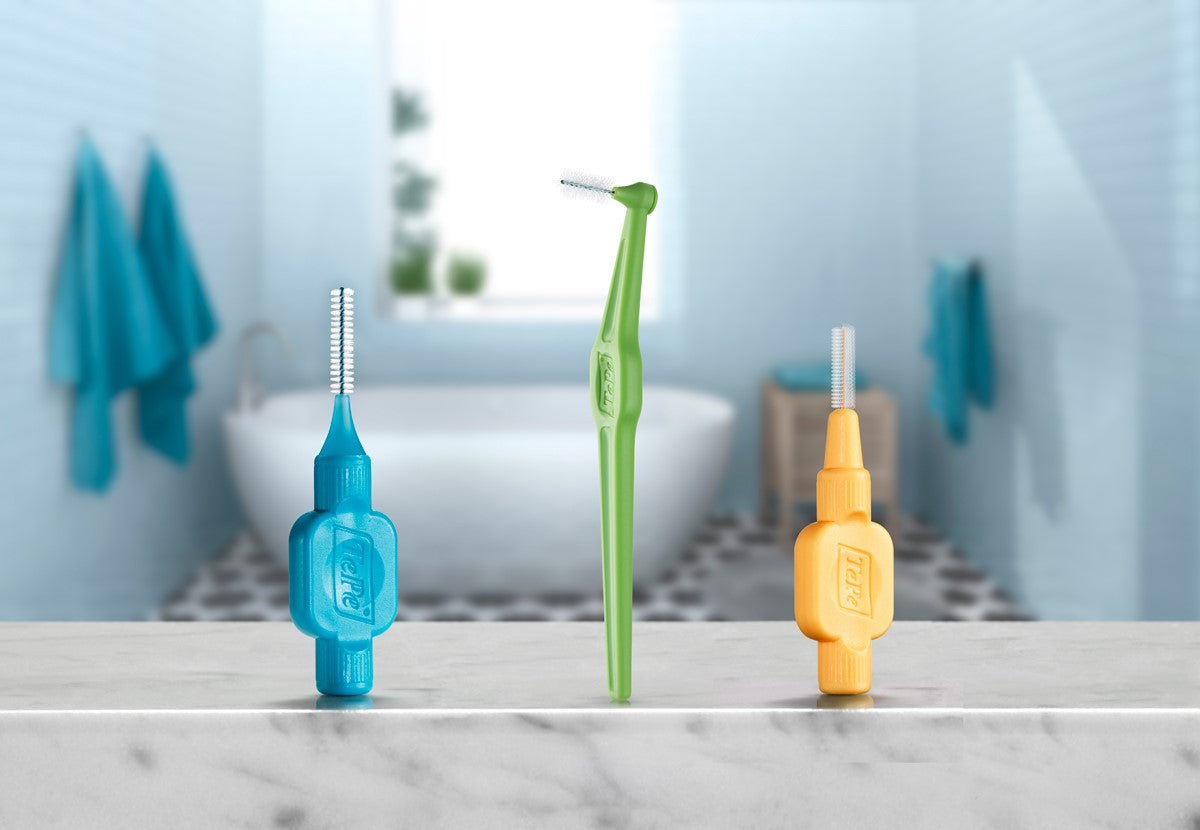
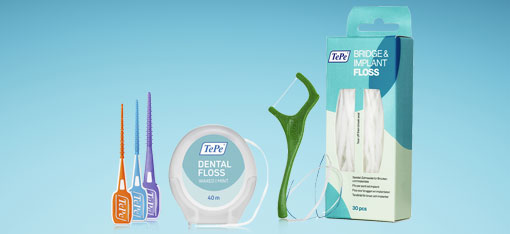
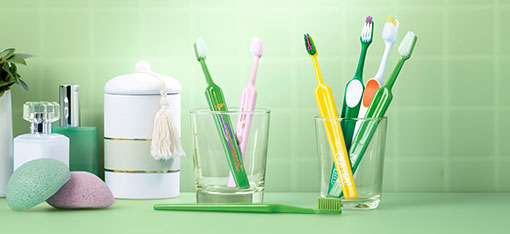
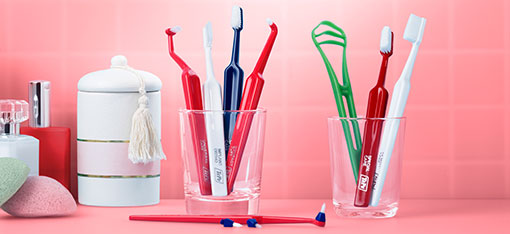
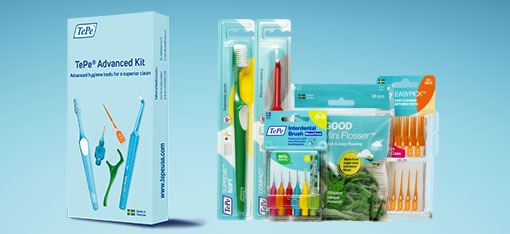




Leave a comment